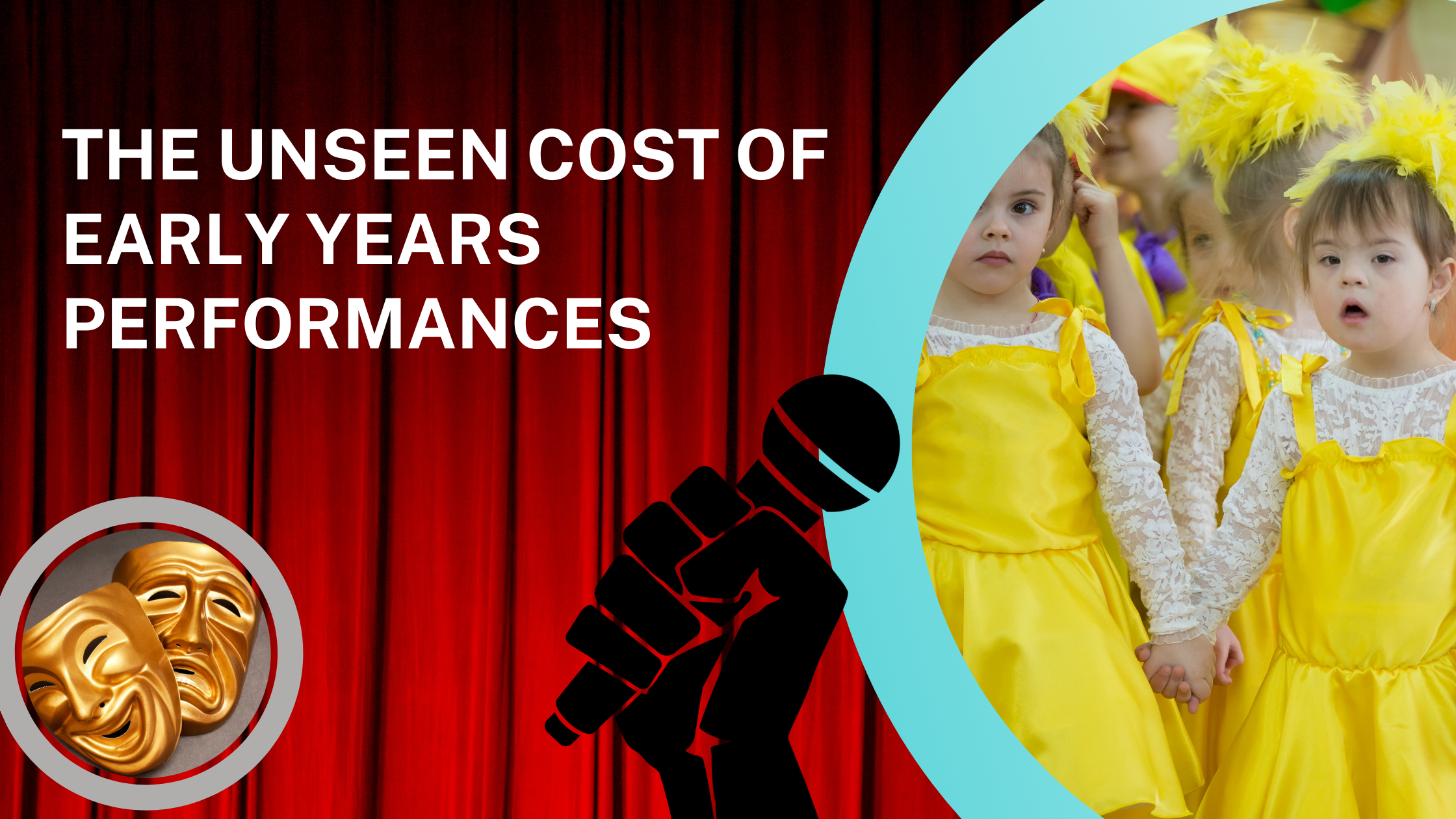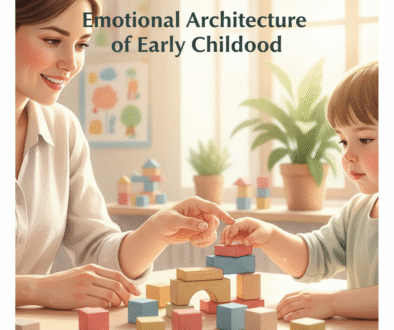
Children’s Performances: Joy vs. Perfection
Children’s Performances: Joy vs. Perfection
We dream of a magical event—tiny dancers twirling in perfect harmony, bright costumes, proud little faces under the stage lights. And so, the rehearsals begin. Days of repetition, corrections, and unspoken pressure to make everything “just right.” But at what cost?
“Sit still,” a teacher says gently, adjusting a child’s posture. The child nods solemnly, only to bounce again minutes later—not out of defiance, but because he is a child. Their bodies are wired to move. Their minds, to wander. Expecting them to follow adult rules of stillness isn’t discipline—it’s denial of their nature.
The Price of Perfection
I’ve seen it so many times—children wriggling in their seats, little legs aching to move, eyes darting for escape. And still, they stay. Not because they want to, but because they’ve been told they must.
A boy whispers, “I’ll sit still this time, promise.” Minutes later, he’s bouncing again. Not rebellion—just childhood. Their bodies crave movement, their minds drift like butterflies. Asking them to hold still is like asking the wind to stop blowing.
The only lesson they truly absorb in those moments is the weight of expectations, the power of authority, and the fear of making a mistake. That’s not confidence—it’s quiet compliance.
The Joy of the Unexpected
I once worked with a woman who truly understood children. She would smile and say, “Let them choose.” No forcing, no perfection.
We rehearsed differently—plenty of breaks, laughter, and no pressure. Some children stood at the edges, wide-eyed, quietly observing. Some, shy at first, leapt in with sudden boldness at the last moment. And then there were the children everyone thought wouldn’t perform—the quiet ones, the ones hiding in their mothers’ skirts—who stepped forward, trembling but radiant. And the hall erupted in joy.
Of course, there were others too—the diligent ones who rehearsed endlessly, only to freeze on the big day. They clung to their mothers, refusing the stage. And that was okay too.
The performance was spectacular—not because it was flawless, but because it was real. There were missed steps, forgotten lines, unexpected detours. None of it mattered. Parents laughed, children beamed, and the room pulsed with joy.
Because joy is what makes a performance beautiful. Not rigid formations, not forced smiles—but genuine, unfiltered joy.
The Illusion of Control
We adults forget ourselves. When we gather with friends, do we whisper politely, waiting our turn? Of course not—we laugh loudly, talk over one another, interrupt mid-sentence. Yet we demand silence and stillness from children in situations where even we couldn’t manage it.
Yes, some children love the stage—the costumes, the applause, the thrill of performing. But that excitement fades when rehearsals turn into military drills, when creativity is replaced by control.
Not every child wants to dance. Not every child wants to be watched. And yet, we insist they must—because it looks good in a picture, because it makes us feel accomplished.
And let’s not forget the teachers. Exhausted, juggling lesson plans and daily routines, now tasked with staging a flawless show. They see the boredom, the discomfort, the quiet stress. But the system demands it—the applause, the polished video, the perfect social media post.
But is it really success?
Doing It Right
If performances must happen, let them be playful, spontaneous, child-driven. Let them be moments of joy, not endurance tests.
Children are not props for our ambitions. They are bursts of life, full of energy, deserving respect. If we value these magical years, we must resist forcing them into an illusion of perfection that even adults can’t sustain.
So I ask—what is true success? The flawless video clip, the applause, the perfect photo? Or a child’s laughter mid-song, a forgotten step turned into a joyful spin, a smile so bright it fills the room?
In the end, the only ovation worth hearing is the happiness of a child.


